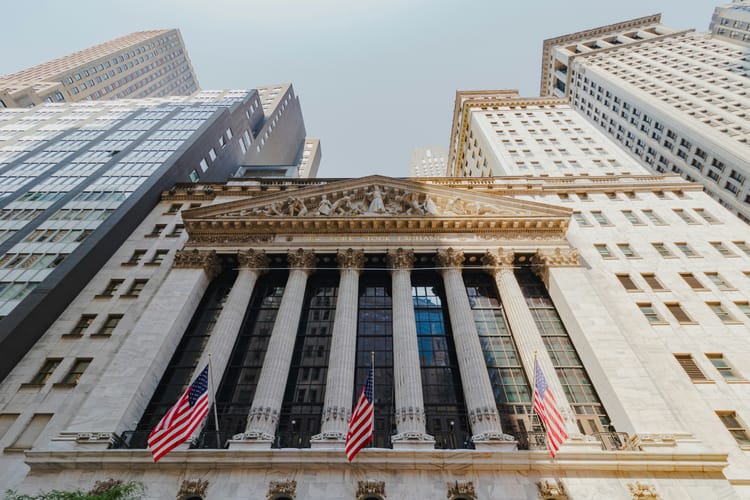Survey: 85% of firms see sustainability as a financial opportunity

A survey of large companies across Europe, North America and Asia suggests that sustainability has gone from being seen as a cost burden to a financial opportunity, with 85% of respondents considering it a value creation exercise.
The study, conducted by the Morgan Stanley Institute for Sustainable Investing, analysed responses from 303 sustainability decision makers at public and private companies with over US$100 million in annual revenue, spread equally between the three regions.
It reveals a shift in perception around sustainability, with more than half (53%) of firms believing that this work is “primarily about value creation”, and another 32% doing it both for value creation and risk management.
This perception is particularly prominent among European and Asian companies, whereas their North American counterparts tend to see sustainability more as a compliance and risk management exercise.
In general, compliance with government regulation is the second most important reason why companies embark in a sustainability programme, followed by a “moral obligation to people and the planet”.
IT, comms and energy firms most focused on value creation
Breaking down the results by sector, IT (86%), communication (67%) and energy firms (67%) are the ones that focus the most on the value creation aspect of sustainability, followed by consumer staples and utilities.
Meanwhile, real estate companies see sustainability as more of a risk management activity (32%), and 5% even consider it immaterial.
“Sustainability strategies and core business strategies are converging,” said Jessica Alsford, Chief Sustainability Officer at Morgan Stanley. “Companies increasingly see sustainability factors as integral to the company’s long-term value creation.”
European companies most confident about their sustainability progress
Asked about their progress towards sustainability targets, 59% of firms globally believe they are meeting or exceeding expectations, while 34% say there is “room for improvement” and 4% admit they are just initiating their efforts.
However, the survey reveals regional differences: in Europe, 63% of firms say they are meeting or exceeding expectations, with just 28% believing there is room for improvement. In comparison, Asian firms are the least confident, with almost half noting that there is room for improvement or that they have just started.
Initial investment still the top barrier to sustainability action
Finally, companies still see the high level of required investment as the biggest barrier to implementing their sustainability strategies: 70% of respondents said required investment is either a very significant or somewhat significant hurdle.
Investment also ranked 1.5 times higher than lack of corporate leadership or employee skills as a “very significant” barrier, though conflicts with the financial goals of the company or business model were also identified as obstacles.
“Sustainability as an investment theme continues to evolve towards more nuance and rigour as investors must confront competing priorities – such as climate and the social costs of high energy prices – and focus on ‘real’ impact,” said Melissa James, Head of the Global Capital Markets ESG Center of Excellence.
“As a consequence, companies continue to engage on the topic of accessing capital to finance their sustainability goals and initiatives. As we approach deadlines for various climate commitments from corporates and investors, there will be a continued push for financing clean tech and facilitating the energy transition, resulting in a natural maturation of the market.”







Member discussion